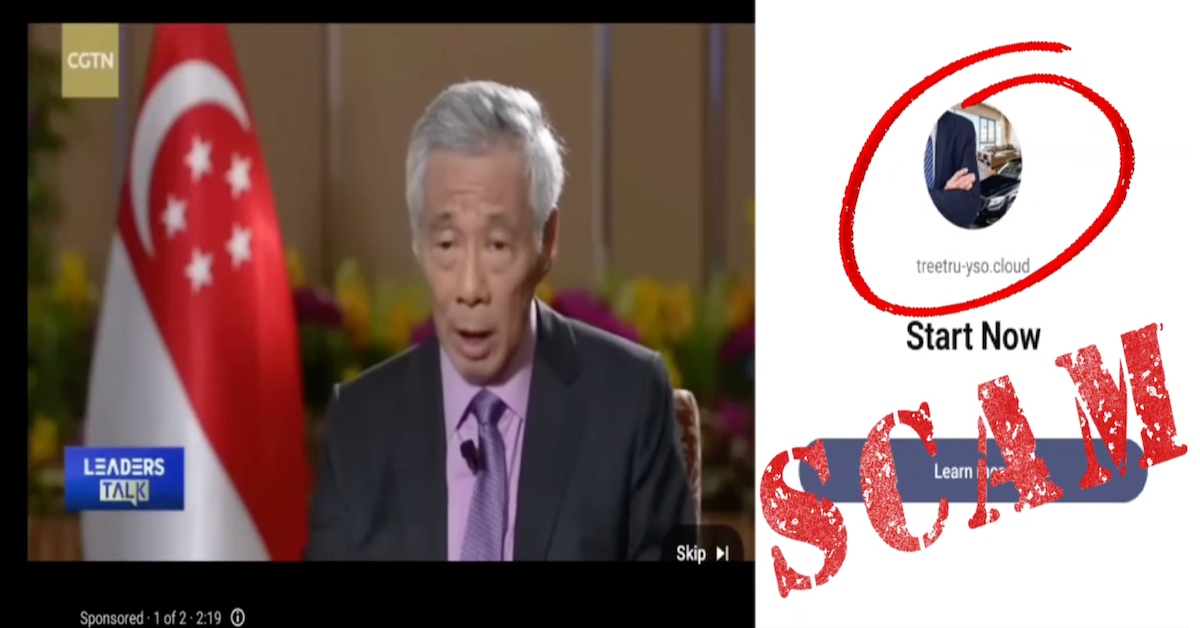Deepfakes are disrupting global elections, here’s how this new S’porean bill will fight that

The Singapore Ministry of Digital Development and Information (MDDI) has introduced a new bill to combat digitally manipulated content during elections today (September 9), including Artificial Intelligence (AI)-generated misinformation, often referred to as deepfakes.
According to a press release by the Ministry, the Elections (Integrity of Online Advertising) (Amendment) Bill will target any online content that falsely portrays a candidate doing or saying something they did not, whether produced through AI or non-AI methods such as Photoshop, dubbing, or splicing.
If passed, the Bill will enable candidates to request the Returning Officer (RO) to review content that misrepresents them, as written in an article by The Straits Times. That said, falsely claiming misrepresentation could lead to fines or losing an election seat.
Others can also request reviews of such content, which would be illegal from the issuance of the Writ of Election until the end of polling on Polling Day. The proposal of the bill comes ahead of the general election, which must take place by November 2025.
Under the new law, the RO can order corrective actions against those distributing prohibited election advertisements. Social media platforms that fail to comply could face fines of up to S$1 million, while individuals may face fines of up to S$1,000, imprisonment for up to a year, or both.
Corrective actions may include removing or blocking access to the content for Singapore users during the election period.
If the bill is passed, it will amend both the Parliamentary Elections Act and the Presidential Elections Act, adding new safeguards to protect the integrity of elections.
To be protected under this law, prospective candidates must first pay their election deposits and consent to have their names listed on the Elections Department’s website before Nomination Day.
Should they choose to do so, this would be the first time prospective candidates’ identities are publicly available before Nomination Day. These measures will also apply to successfully nominated candidates from Nomination Day until Polling Day.
The press release by MDDI stated that the bill “will be tabled for a second reading at the next available parliament meeting”.
The ministry also stated that while the government can already address online falsehoods against the public interest through the Protection from Online Falsehoods and Manipulation Act (POFMA), specific measures are needed to combat deepfakes that target candidates during elections.
Misinformation created by AI-generated content and deepfakes are a salient threat to our electoral integrity.
We see this new Bill not as a replacement for POFMA, but rather as a means to augment and sharpen our regulations under the online election advertising regime, so as to shore up the integrity of our electoral process.
A MDDI spokesperson’s reply to The Straits Times
The spokesperson further explained that the Government can address falsehoods through POFMA when the facts are known. For instance, when someone makes a falsehood about the reserves or housing prices, it knows what the facts are.
“However, in the case of deepfakes featuring political candidates, it is much more difficult for the Government to establish what an individual said or did not say, did or did not do. Therefore, we need the individual to come forward and say that this is a misrepresentation.”
The global deepfake epidemic
Deepfakes have plagued the global internet in recent years and have also disrupted elections in several countries. Most recently in the US, fake videos of Kamala Harris and Donald Trump were reported to be circulating as part of what many are calling the first AI-driven election in November.
In response, countries worldwide are introducing regulations to tackle deepfakes during elections—the South Korean government had implemented a 90-day ban on political AI-generated content before its April election, where they discovered 129 deepfakes deemed to violate the laws on elections of public officials between January to mid-February this year.
In December 2023, deepfake videos featuring then-Prime Minister Lee Hsien Loong and then-Deputy Prime Minister Lawrence Wong promoting an investment platform surfaced online. These videos used AI to replicate their voices and facial expressions.
Earlier this January, Mrs Josephine Teo, Minister for Digital Development and Information and Minister-in-charge of Smart Nation and Cybersecurity, announced the city-state’s need to develop new capabilities to combat scammers and online threats, including deep fakes.
She revealed a S$50 million initiative to develop tools to detect and counter misinformation and deepfakes.
Beyond elections, the Infocomm Media Development Authority (IMDA) will introduce a new code of practice for social media platforms to address manipulated digital content.
This code will ensure platforms take stronger measures to monitor and moderate such content. The IMDA plans to engage with social media companies to finalise the code’s details in the coming months.
- Read our other articles on Singapore’s government technology here.
- Read other articles we’ve written on Singapore’s current affairs here.
Featured Image Credit: Lee Hsien Loong via Facebook
